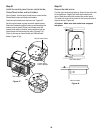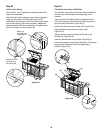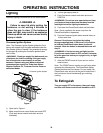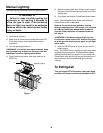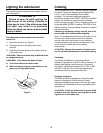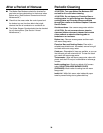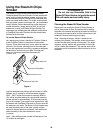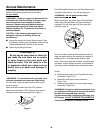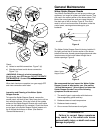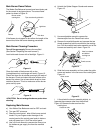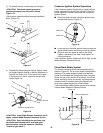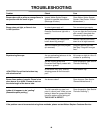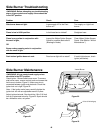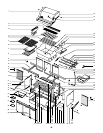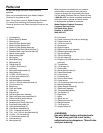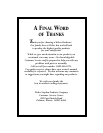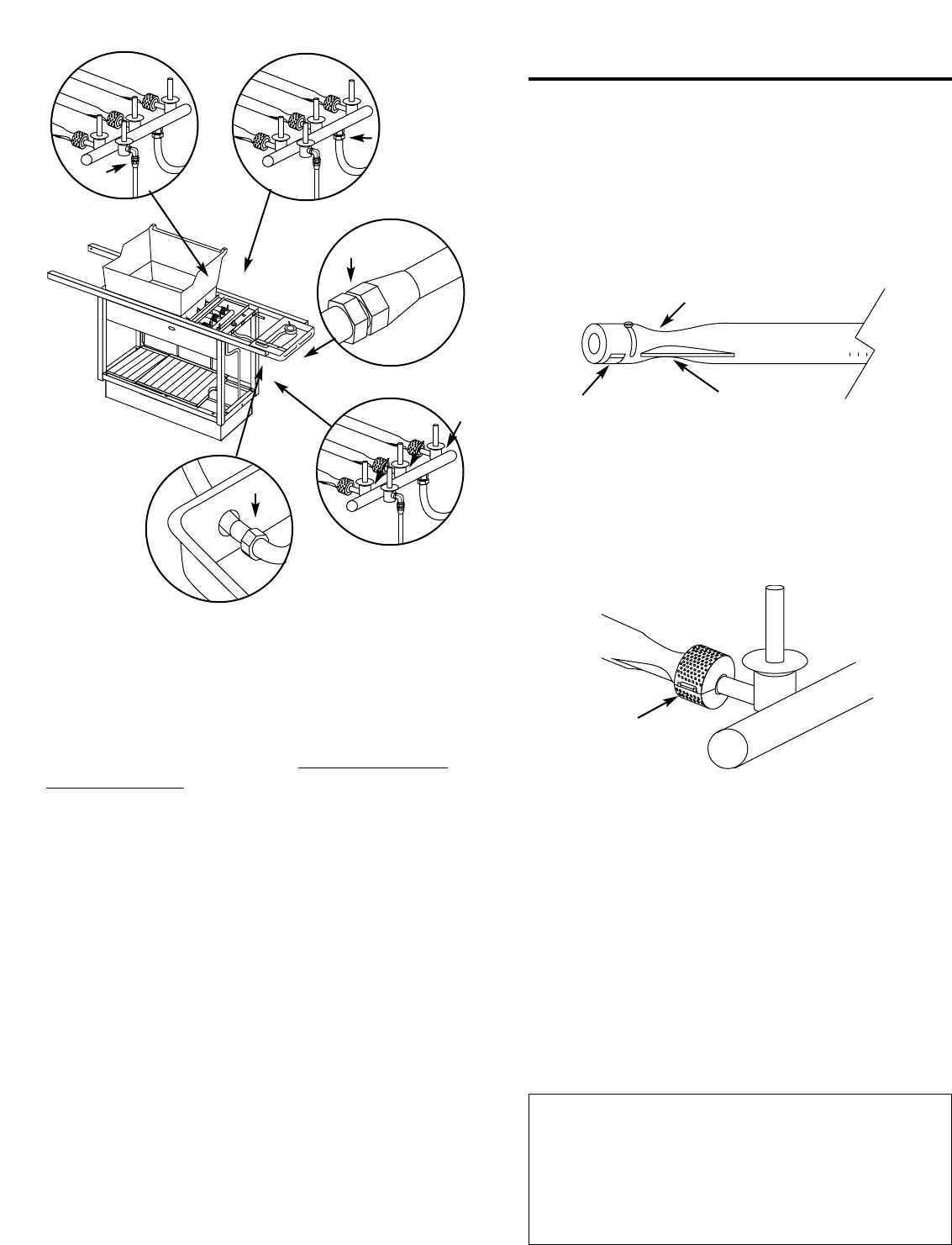
41
Inspection and Cleaning of the Weber Spider
Stopper Guards
To inspect the Spider Stopper Guards, remove the
control panel, and look to see if they have dust or dirt on
their outside surfaces. If they do, brush off the outside
surface of the Spider Stopper Guards with a soft bristle
brush (an old toothbrush, for example). Check that there
are no gaps in the Spider Stopper Guards’ seams or in
the fit around the burners or valves. (See Section
"General Maintenance".)
Check:
d) Valves to manifold connections. Figure 7 (d).
e) Side burner hose to side burner connection.
Figure 7 (e).
ƽWARNING: If there is a leak at connections
(b), (d) or (e), turn OFF the gas. DO NO
T OPERATE
THE BARBECUE. Contact Weber-Stephen
Customer Service.
When leak checks are complete, turn gas supply OFF
and rinse connections with water.
General Maintenance
Weber Spider Stopper Guards
Your Weber Gas Barbecue, as well as any outdoor gas
appliance, is a target for spiders and other insects. They
can nest in the venturi section of the burner tubes. This
blocks the normal gas flow, and can cause the gas to
flow back out of the air shutter. Figure 8. This could
result in a fire in and around the air shutters, under the
control panel, causing serious damage to your
barbecue.
The Weber Spider Stopper Guard is factory installed. It
fits tightly around the air shutter section of the burner
tube and the valve, thereby preventing spiders and other
insects access to the burner tubes through the air
shutter openings. Figure 9.
We recommend that you inspect the Weber Spider
Stopper Guards at least once a year. (See section
“Annual Maintenance”.) Also inspect and clean the
Spider Stopper Guards if any of the following
symptoms should ever occur.
1. The smell of gas in conjunction with the burner
flames appearing yellow and lazy.
2. Barbecue does not reach temperature.
3. Barbecue heats unevenly.
4. One or more of the burners do not ignite.
Figure 8
Figure 9
Venturi
Air shutter
Venturi fin
Weber Spider
Stopper Guard
ƽ DANGER ƽ
Failure to correct these symptoms
may result in a fire which can cause
serious bodily injury or death and cause
damage to property.
Figure 7
(a)
(e)
(d)
(c)
(b)



